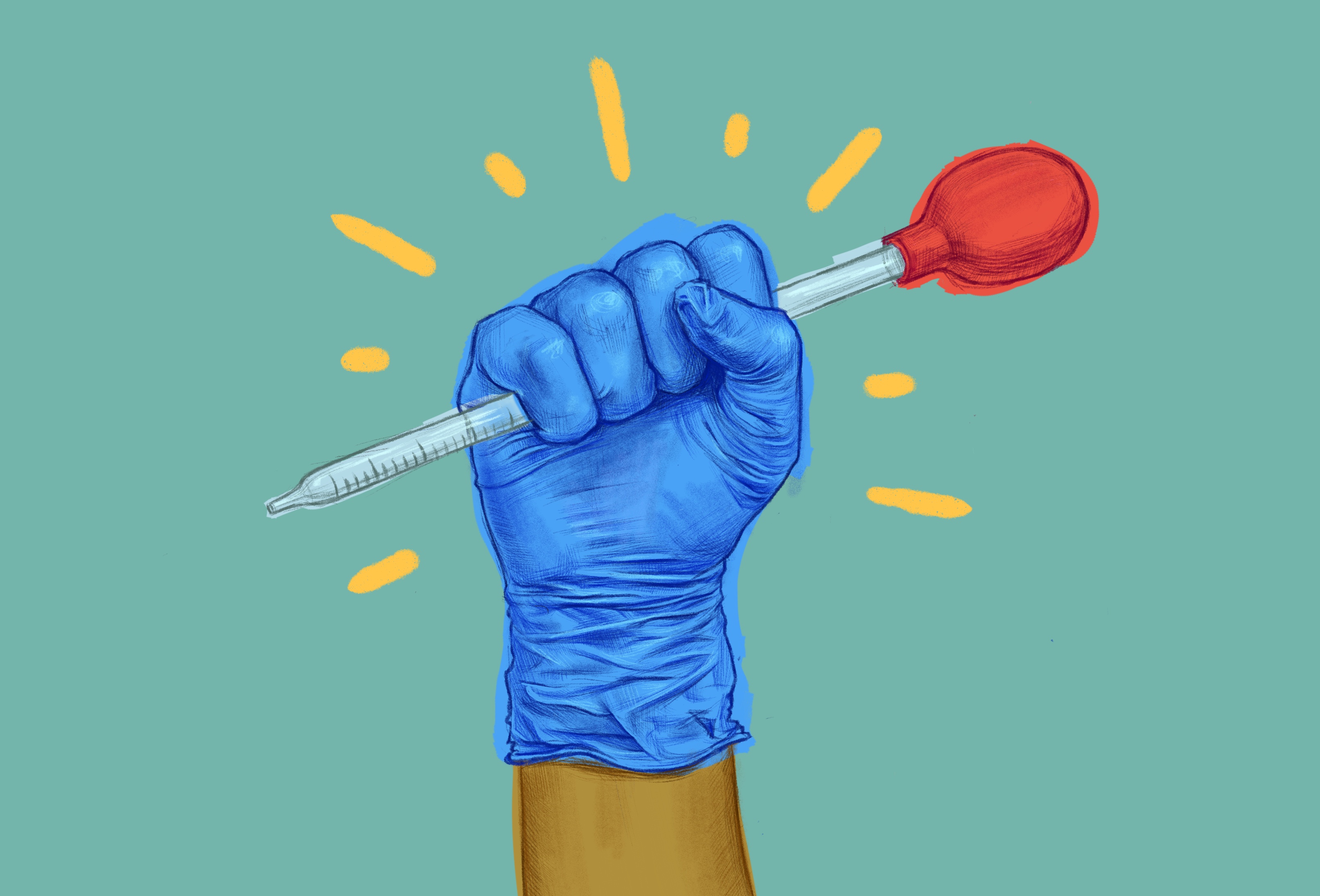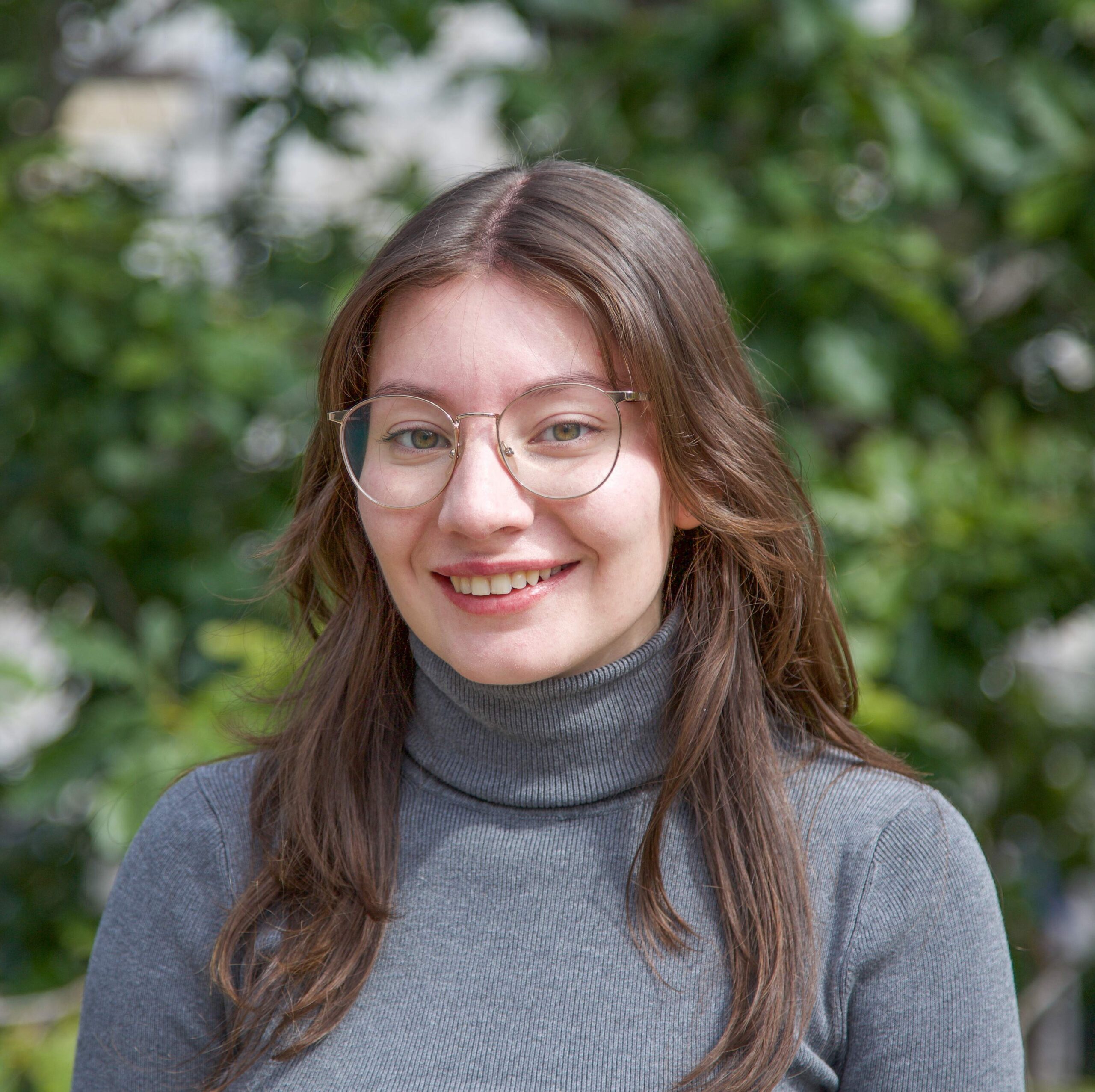Picture this: In the middle of an auditorium filled with students, a professor describes the process of chromosomal segregation. This professor teaches the students about the stages of cell division, the proteins involved, and what happens when chromosomes do not separate properly; a person can have either XX or XY sex chromosomes, the professor explains, or exceptionally, an extra or missing chromosome.
What students are not taught, however, is the differences between sex and gender—the professor fails to acknowledge that beyond the pages of textbooks, identity is more complex than the makeup of one’s genes. The students in this class would walk away with scientifically accurate information, but an incomplete understanding of sex and gender as well as the social implications of their distinction.
Such oversights are common in science courses, where lectures are content-heavy and fast-paced, with barely enough time to cover the materials essential for examination. Faced with an overwhelming breadth of scientific material, students miss out on the larger picture of how science overlooks and, in some cases, exacerbates social inequalities.
At McGill, students in the Faculty of Science are not required to take any courses in ethics or history, nor are they asked to remain up to date on contemporary social justice issues. Many students can complete their degree with no formal instruction on the ways that racism, sexism, transphobia, homophobia, and colonialism continue to manifest in academia.
Following the precedent of other North American universities, McGill could take concrete steps to incorporate social justice lessons into undergraduate science curricula. At the University of Washington, for example, the faculty offers students an interdisciplinary course titled “Science and Engineering for Social Justice.” With a focus on writing and discussion-based classes, students are taught about the impact of science on diverse populations, inequities in access to scientific information, and how to address implicit bias against marginalized groups. Likewise, the Ontario College of Art & Design University offers students courses in inclusive design for digital media and was one of the first schools in North America to grant a Master’s of Design in Inclusive Design.
Everything about the scientific process—from who performs it, to what is researched, to the sources of funding—is bound by political and economic interests. Remaining apolitical and glossing over the dark history of scientific discovery only encourages ignorance by denying students a more well-rounded education.
In the spring of 2020, Alanna Watt, associate professor in the Department of Biology, founded the department’s Equality, Diversity, and Inclusivity Committee, one of the first of its kind in a STEM field at McGill.
“There’s this aspect that we’re not used to teaching about,” Watt said in an interview with The McGill Tribune. “We do have a huge amount of scientific content we’re trying to put in. If you think about genetics courses, there’s a [dark] history in the field that would be [good] for people to understand.”
Indeed, much of modern genetic theory is based on studies that arose from the eugenics movement, which began in the early 20th century, influenced by the work of Francis Galton. Galton, a prominent scientist who made a name for himself developing statistical tools such as chi-square and regression analysis, did so in the interest of promoting his racist and ableist ideology of maintaining the so-called “purity” of the British population.
Although the historical background of scientific inquiry must be addressed, Watt believes that modern education runs the risk of distancing these past issues from the current problems in science.
“For me as a professor, I’ve realized that we have a very diverse student body and it’s very important that we address [social] issues,” Watt said. “It’s like anti-racism. Not doing anything is just not good enough.”
The spectre of racism and sexism in scientific fields is pervasive throughout academic research, publishing, and teaching practices. Critical thinking is a valuable tool in scientific inquiry, but undergraduate courses often fail to foster this skill in social contexts. Studies show that students who are taught about historical oppression are more likely to acknowledge systemic racism and scrutinize their own role in upholding it. Furthermore, relating scientific concepts to social issues can make students more engaged in the material and enhance learning outcomes.
According to Ehab Abouheif, a professor in the Department of Biology, fostering empathy in students is an essential part of training them to be good scientists. Abouheif teaches Evolution and Society (BIOL 436), one of the only biology courses that specifically tackles social issues. Instead of content-heavy evaluations, the course develops critical thinking skills through discussion and debate.
“One of the most important things I will do as a scientist is teach Evolution and Society,” Abouheif said in an interview with the Tribune. “[Most] people who come out of this course have gotten the chance to see how evolution interacts with politics, medicine, and society as a whole.”
Unfortunately, science courses that address social issues are rare at McGill. When Abouheif and colleagues proposed the introduction of BIOL 436 10 years ago, they were met with criticism for proposing a course that was perceived to have too much overlap with anthropology. Abouheif explained that critics voiced concerns over the structure of the course, taking issue with the fact that it is discussion based and commenting that it required too much active participation for a science class. Introducing new courses with themes similar to BIOL 436 will have to come from professors willing to propose and fight for them.
“The next generation of biologists coming up are increasingly more aware of social inequality and justice, and how biology may influence them,” Abouheif said. “We need professors who are better equipped and who [think] more broadly about social change. For this to happen, we have to change the way we define the excellence of a [professor].”
Teachers are not textbooks—they are human beings with their own interests, biases, and backgrounds. Indeed, professors can harbour unconscious biases that leak into their interactions with students and their content.
Students have begun to pick up McGill’s slack in creating equitable spaces for science education at the university. Initiatives around campus have been created to amplify the voices of Black, Indigenous, and people of colour in STEM and to raise awareness of scientific biases. One such initiative is the podcast Broad Science. Its founder, Rackeb Tesfaye, who is a PhD candidate in Integrated Neuroscience, explained that she was inspired by her experiences as a graduate student.
“What surprises me most is the notion of objectivity in science,” Tesfaye said in an interview with the Tribune. “[We are] taught to think that because we have the scientific method, we are inherently not biased as scientists, which is obviously untrue.”
In fact, scientific and experimental methods are riddled with gender and racial bias: The vast majority of health studies are conducted on predominately white male subjects, skewing their conclusions towards one cohort of patients with sometimes disastrous results. Undergraduates should be informed of these research gaps so they can make a conscious effort to fill them in their work or at least consider their shortcomings when applying existing research.
Science is a continual search for knowledge; theories are endlessly revised and adapted as new information comes to light. Moreover, scientific discoveries do not remain isolated within the scientific community, but rather are applied in government policies that can potentially create equitable change in society.
By combining science and society in the classroom, McGill can produce more socially responsible and innovative scientists. Making space for social justice in the classroom is not an exercise in identity validation or an extraneous addition to appease critics, but a more effective way of training future scientists.
“If there’s going to be a truly meaningful understanding of inequity within science, and movements towards rectifying those inequalities, then it needs to be embedded in [what] we learn and [what] we’re taught,” Tesfaye said. “It seeps into every single thing we do in science.”










This is such an important piece and should be read by every academic at every institution of higher learning. Talented journalist.